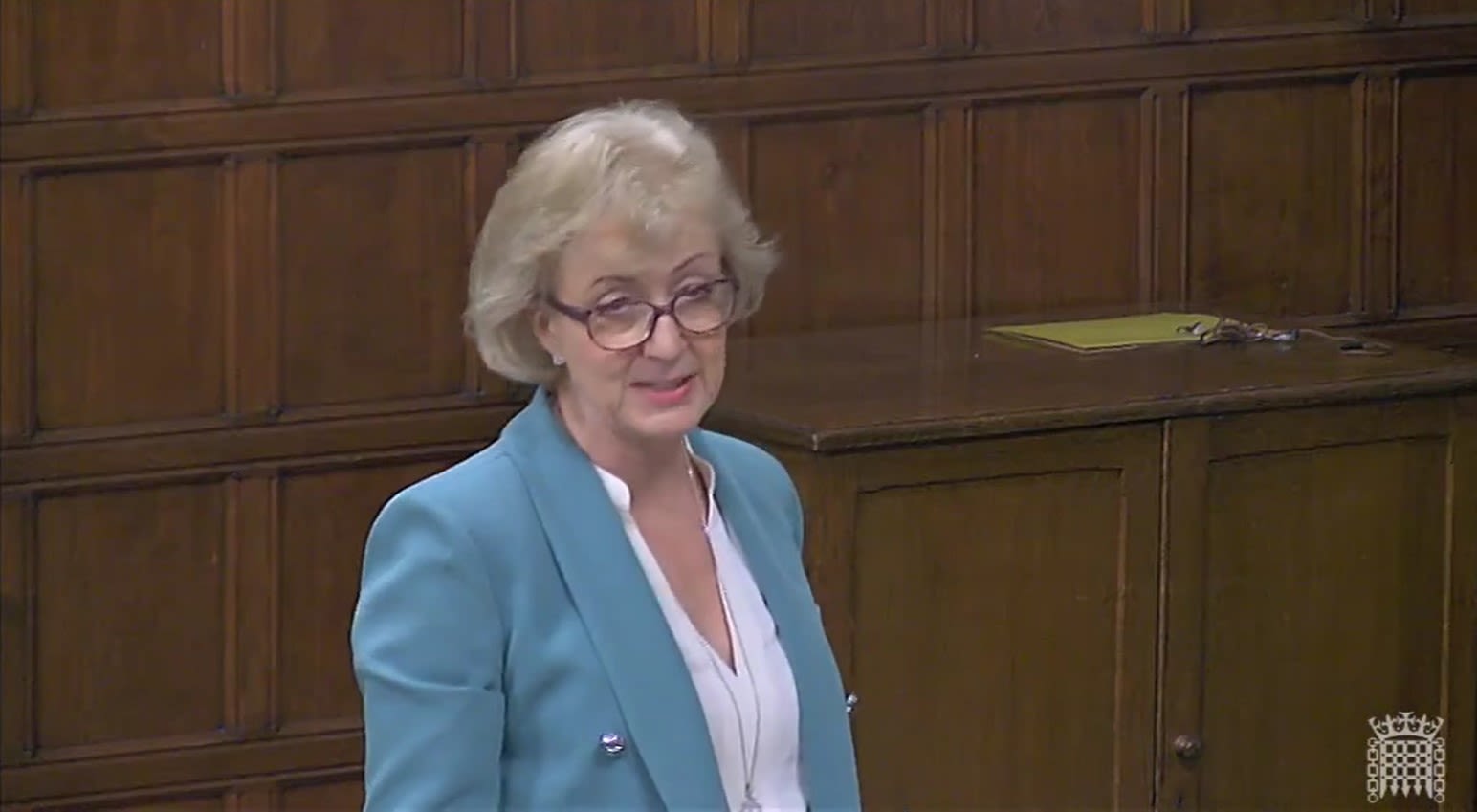Westminster Hall debate:
Information on support available for parents and carers of infants

On Tuesday 12 March, Sally-Ann Hart MP led a Westminster Hall debate: 'Information on support available for parents and carers of infants'.
To prepare for her debate, she asked to hear from you.
Thank you so much to everyone who shared their experiences of this topic.
These were passed on to Sally-Ann who used them to inform her speech:

The Government's response

Health Minister, Andrea Leadsom MP, responded to the debate and set out the Government’s policies relating to support for parents and carers of infants. This included:
- The Government’s “The best start for life: a vision for the 1,001 critical days” policy paper, which, the Minister noted, encouraged local authorities to provide “a clear and joined-up Start for Life offer to every new family”.
- The Government’s Family Hubs and Start for Life programme, which is supported by around £300 million of funding. Among other things, the programme provides funding for 75 local authorities in England to publish Start for Life offers.
The Minister thanked Sally-Ann Hart MP for introducing The Support for Infants and Parents etc (Information) Bill and said it has the potential to help ensure “that parents are able to easily find the support that they need, when they need it most”. She did not explicitly say whether the Government would support the Bill.
Watch or read her full speech for further details.
More information about the debate topic is also available in the briefing from the House of Commons Library.
Ahead of the debate, Sally-Ann Hart MP said:
"It is vital that local authorities publish a comprehensive Start for Life offer giving families a ‘roadmap’ to help support and guide them. This will make it easier for them to access essential services and ensure that their babies get the best start in life. The period from conception to a child’s second birthday (1,001 days) is critical for their development, and local authorities can provide services to encourage families to seek help early, leading to better outcomes for their children.
"Families often face challenges in navigating the myriad available services. A disjointed system can lead to missed opportunities for care – early intervention is key to preventing health and developmental issues.
"By consolidating information on parent-infant relationships, breastfeeding and other infant feeding, maternity and health visiting services, mental health services and other services which support infants, parents or carers, local authorities can create a one-stop resource with easy to understand information and support.
"New parents and caregivers often experience anxiety and uncertainty and having clear information empowers them to make informed decisions. The Start for Life offer ensures that parents know what services are available, how to access them, and when they are needed."

Resources and support links

House of Commons Library
Research:
- Information on support available for parents and carers of infants (March 2024)
- Quality and safety of maternity care (England) (March 2024)
- Provision of healthcare support services in the period between conception and age two (December 2020)
Committee inquiries
Education Committee: Support for childcare and the early years (July 2023)
Read a summary of the Committee's report
Support links:
What are Westminster Hall debates?
Westminster Hall debates enable backbench MPs from any party to raise an issue, and receive a response from the government.
They do not involve a vote on a particular action or decision.
Instead, the aim is to:
- raise awareness of an issue, often as part of a wider campaign
- seek to influence government policy
- put the views of backbench MPs, opposition parties, and the government on record.
The setting
Westminster Hall debates happen in the Grand Committee Room — the second chamber of the House of Commons.
Here, MPs sit in a horseshoe shape. This can help to encourage a constructive atmosphere.
Chairing the debate
Westminster Hall debates are chaired by an MP. The role of the Chair is to:
- ensure debates keep to the time allocated
- call on MPs to speak
- make sure MPs follow the rules of debate.
To mark the start of the debate the Chair says:
"Order, order"
Opening the debate
The MP leading the debate makes the first speech.
They will generally:
- outline their views on the issue
- present examples
- in some cases, call on the government to take action.
Backbench speeches
After the opening speech, other backbench MPs take turns to speak in the debate.
The main opposition parties
For longer debates, the main opposition parties then have a chance to respond.
An MP from the third largest party generally goes first, and is followed by an MP from the official Opposition.
They outline their party’s position on the issue.
The government's response
The Chair then calls the Minister to respond to the debate on behalf of the government.
The Minister will generally:
- respond to concerns raised by MPs
- explain the government's position and policies
- share relevant plans or ambitions for the future.
Closing the debate
If there is enough time, the MP who opened the debate can make final comments.
The debate is then concluded.
Engaging with debates
- You can contact your MP and ask them to attend a debate. Or you can ask them to lead their own debate on an issue you feel is important.
- For some debates, you may be asked to share your insights and experiences. This can help inform the MPs taking part in the debate. See the Chamber Engagement website for details.
- You can watch debates online or attend in person. Find out what's on by looking at the Parliamentary calendar.
Lisa, Ian and Charlotte helped inform previous debates on topics like the menopause and pensions advice:
For more on Westminster Hall debates, see How Parliament Works.

Photo credit: UK Parliament / Jessica Taylor
